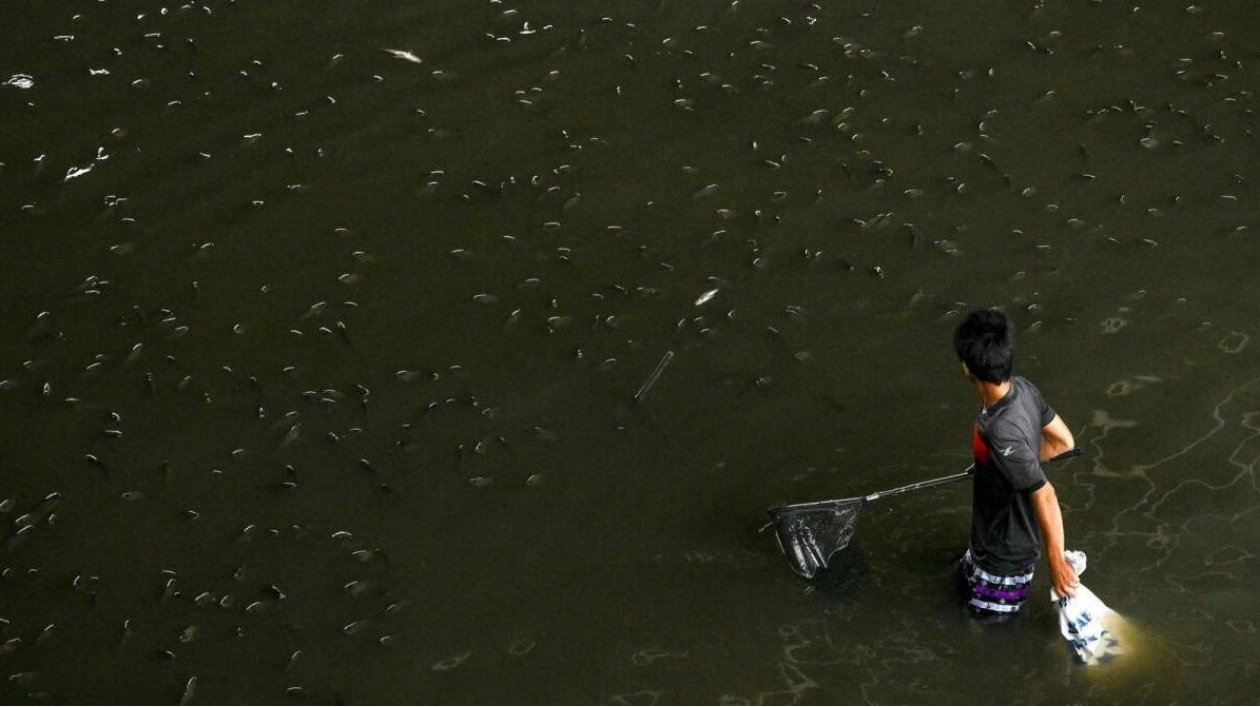The Thai government announced on Tuesday that it has successfully captured over 1.3 million kilograms of the highly destructive blackchin tilapia, an invasive species it is actively trying to eliminate. This species, known for its ability to produce up to 500 offspring at once, has been detected in 19 provinces across Thailand, causing significant damage to river, swamp, and canal ecosystems by consuming small fish, shrimp, and snail larvae.
In addition to the environmental concerns, the government is also anxious about the potential impact on Thailand's vital fish farming sector. From February to August 28, fishing authorities managed to catch 1,332,000 kg of blackchin tilapia, as revealed by Nattacha Boonchaiinsawat, the vice-president of a parliamentary committee established to address the spread of this fish. Nattacha shared with AFP that local residents reported a worsening situation, with tilapia now found in smaller canals where they were not seen before.
The economic cost of this tilapia outbreak is estimated to be at least 10 billion baht ($293 million). Originally from West Africa, these fish were first spotted in Thailand's rivers in 2010 and have since spread rapidly, also appearing in Florida, USA, and the Philippines. In response, the Thai government declared the eradication of blackchin tilapia a national priority in July and initiated campaigns encouraging the consumption of the fish, including promotional activities in Phetchaburi province featuring tilapia-based products like fish sauces and sausages.
The exact origin of these fish in Thailand remains uncertain, though local media suggests they might have been imported by a company from Ghana in 2010. A parliamentary investigation is currently underway to uncover the source of the infestation. To combat the issue, the government has incentivized local fishing by offering 15 baht ($0.42) per kilogram of caught tilapia and has set up 75 designated sales areas nationwide. Additionally, authorities are deploying predator species to hunt the tilapia and are developing genetically modified versions to produce infertile offspring.
A UN science panel cautioned last year that the spread of tilapia is accelerating, causing significant agricultural damage, disease distribution, and ecosystem disruptions. The panel also noted that over 37,000 alien species globally are causing annual damages and lost income exceeding $400 billion.






